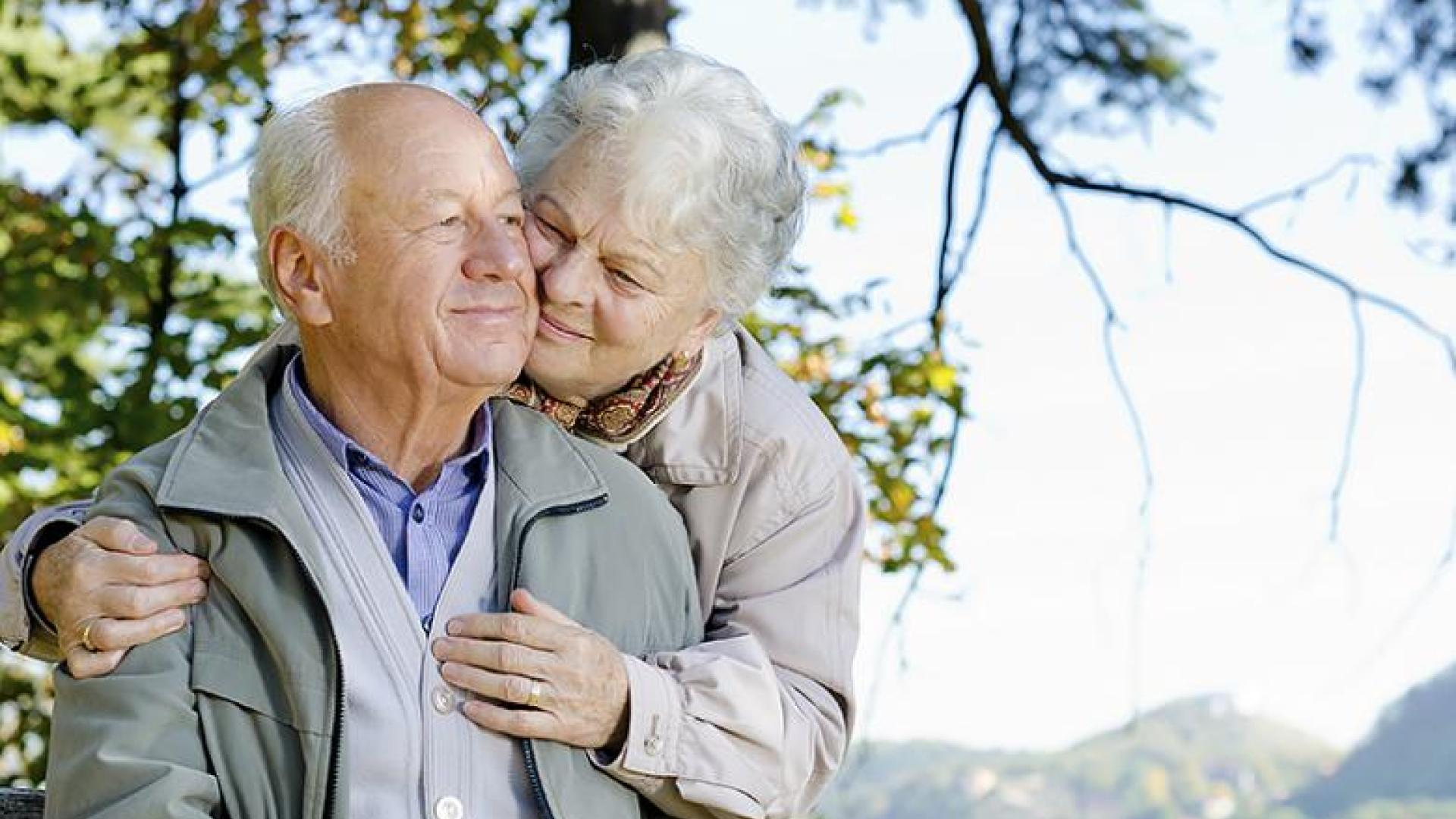
Caregiver guilt is normal and serves a useful purpose. Learn five helpful tips for turning the guilt into opportunity.
“Guilt: the gift that keeps on giving.”
Erma Bombeck, American Humorist (1927 – 1996)
Being a caregiver to one with Alzheimer’s can be rough terrain. Ask anyone who has journeyed down the caregiving path, and you will find many examples of an emotional experience, perhaps unlike any other. Chief among the many emotions associated with being a caregiver to one with Alzheimer’s is guilt. It is present in many scenarios of caregiving, such as:
You are a long distance caregiver who is able to visit your loved one every few months, and you do what you can from a distance. When in town, you help in ways that are needed, giving the regular caregiver some respite. Though happy to contribute your time, you return home feeling relieved to be getting back to your own routine, and guilty for having a reason to leave.
You are a spouse caregiver. You cook, clean, bathe, attend appointments, do laundry, and manage medications. You have been doing this for years. You are tired. You are not as patient as you once were. Feeling stuck in your role, you do not know how much longer you can do this, and feel guilty for wanting out.
You live near your loved one with Alzheimer’s, work fulltime, are married, and have school-age children. There are so many demands on your time, you are not available as much as needed to any of your loved ones, and sometimes you take your stress out on them. You feel pulled in multiple directions.
You are a paid caregiver who works 10 – 12 hours a day. More and more often, you find yourself losing patience with your care recipient. You have been leaving each day feeling terrible about these moments.
This is Caregiver Guilt.
It is Normal. It Has a Purpose.
Guilt can serve a useful purpose. It can propel us to improve our caregiving skills, or make changes in how we juggle our caregiver role with our other responsibilities. Below are five helpful tips for turning the guilt into opportunity.
- Check in with yourself, asking, “Why am I feeling this way?” Perhaps you did not handle a stressful moment well with your loved one, losing patience for something insignificant. Can you think of better ways for the next time? Could you use some education to learn better responses for these moments?
- Find support. Caregiving is a journey, and you need support along the way. Whether a caregiver buddy, a support group, an online caregiver forum, or a family member or friend, enlist the support of someone who knows and understands what you are going through. They can be a great source of support and education. Explore our helpful resources that provide products, services, and other support for people with Alzheimer’s disease and their families.
- Give yourself permission to make mistakes. You are human. Mistakes will happen. Take the opportunity to learn from them.
- Find additional help. If the stress of daily caregiving is making you weary and/or impatient, consider additional options for your loved one’s care. Hire a part time caregiver. Enroll your loved one in an adult day center. Ask a family member to cover while you take some time off. In many areas of the country, there are respite options for caregivers. Check with your Area Agency on Aging about local resources. Do not feel guilty for doing this. You need to monitor your own ability to continue this important work, and make appropriate adjustments along the way.
- Seek balance. Spending lots of time caregiving and not much else? Being a caregiver for your parent, but not attending the children’s activities? Each change in our responsibilities requires us to re-balance the other responsibilities of our lives. A good balance is important for everyone, especially caregivers.
About BrightFocus Foundation
BrightFocus Foundation is a premier global nonprofit funder of research to defeat Alzheimer’s, macular degeneration, and glaucoma. Since its inception more than 50 years ago, BrightFocus and its flagship research programs—Alzheimer’s Disease Research, Macular Degeneration Research, and National Glaucoma Research—has awarded more than $300 million in research grants to scientists around the world, catalyzing thousands of scientific breakthroughs, life-enhancing treatments, and diagnostic tools. We also share the latest research findings, expert information, and resources to empower the millions impacted by these devastating diseases. Learn more at brightfocus.org.
Disclaimer: The information provided here is a public service of BrightFocus Foundation and is not intended to constitute medical advice. Please consult your physician for personalized medical, dietary, and/or exercise advice. Any medications or supplements should only be taken under medical supervision. BrightFocus Foundation does not endorse any medical products or therapies.
- Lifestyle








